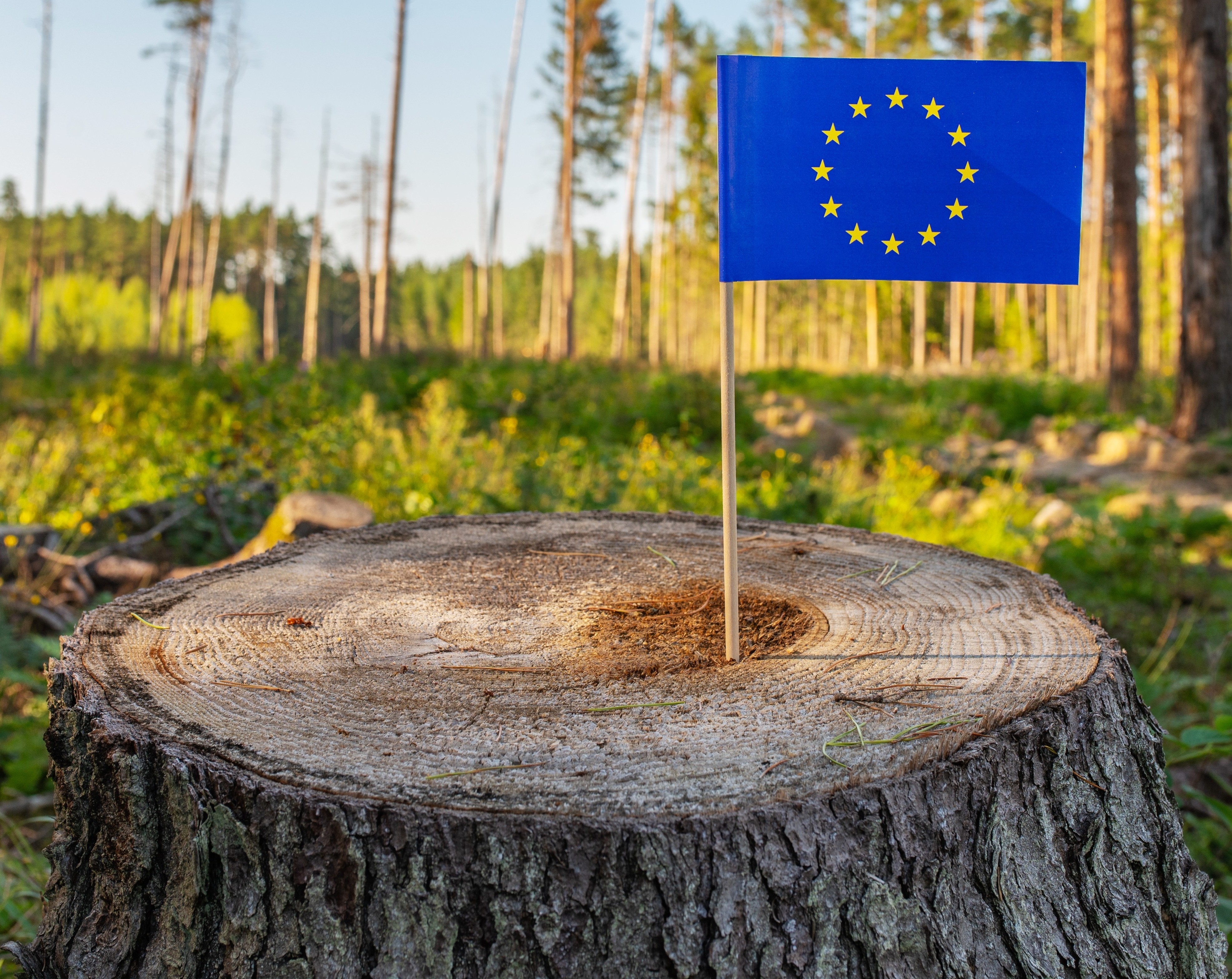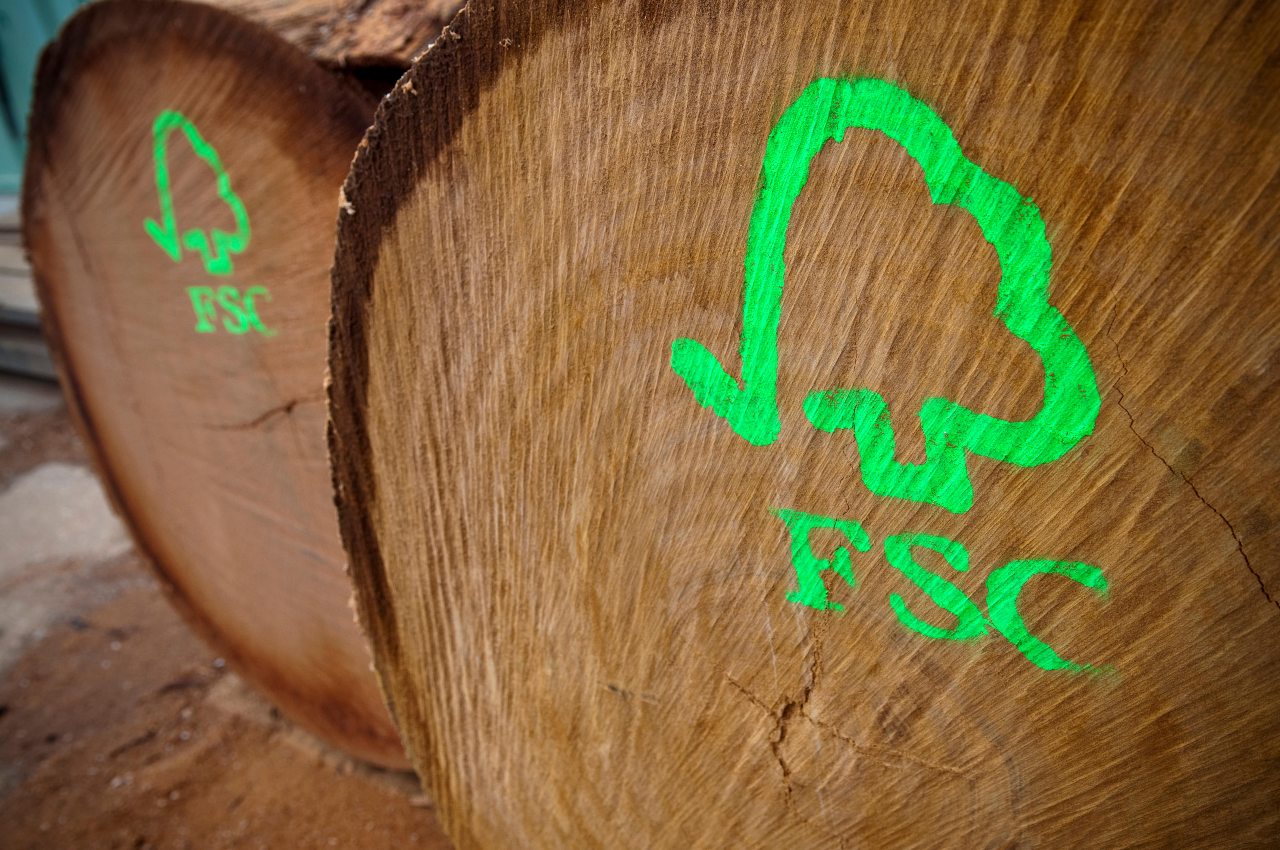
Thousands of hectares of land in Indonesia has been destroyed during recent forest fires.
Contradictory Audits
In a shock announcement, on 23 August Indonesia’s Supreme Audit Agency (BPK) announced that it had concluded that 81% of palm oil concessions in the country violated relevant laws and mandatory management standards. Violations reportedly included operating illegally in protected, production, or other forest areas, outside of concession boundaries, without relevant permits, and without developing smallholdings for local people as required. BPK commissioner Rizal Djalil declined to name the companies but said “all the big players” were involved – including many listed on the Jakarta Stock Exchange – and called for the national police and attorney general’s involvement in a clean-up. Luhut Panjaitan, the powerful Coordinating Minister of Maritime Affairs with a reputation for robustly defending the industry nevertheless acknowledged the BPK findings, saying “these are damages that have been going on for 20 to 25 years”, and “now we have to fix them. We have to find the solutions and we can’t let them be like this.” The government did not explain the obvious contradiction between the Supreme Audit Agency finding 81% of plantations in violation of laws and management rules and 38% of them having nonetheless been certified legal and sustainable under the ISPO. Other government and industry actors have responded negatively to the BPK report, casting doubts on the agency’s expertise and suggesting ISPO certifications mean the BPK reports could not be true. At the Sustainable Strategic Plantation Development Forum (FP2SB) – a palm sector event that took place after the BPK announcement – industry stakeholders reportedly suggested the government should nominate the government-backed ISPO and the Ministry of Agriculture as those allowed to comment on the palm sector. BPK is independent of the government. FP2SB Chairman Achmad Mangg Stephani said: “The claim of 81% of plantations do not follow [the rules] is somewhat doubtful because it is not in line with other policies implemented by the Government through ISPO.” During early to mid-September Earthsight repeatedly sought clarification on these matters from the government and industry, writing to the ISPO secretariat, the Ministry of Agriculture, and the Secretariat of GAPKI. None of the three organisations replied. The Ministry of Agriculture’s main contact email address was full.
The Indonesian Information Ministry's #sawitbaik (#goodoilpalm) social media campaign has backfired badly.
The positive spin given by the
latest ISPO announcements also contrasted with forest and peatland fires raging
across the country at levels not seen since 2015.
By 18 September, Indonesia’s
National Disaster Management Board reported that more than 328,000
hectares of land have burned and 200 people had been arrested. Global
Forest Watch indicated over half of these occurred on peatlands.
Officials admitted that nearly
all the fires have been intentionally
set, and while many are outside palm or timber concessions, many are likely
to have been lit to clear land for palm oil that will ultimately end up in big
companies’ supply chains.
Large swathes of the country –
and of its neighbours Singapore, Malaysia and the Philippines – were engulfed
in toxic billowing haze, resulting in a pattern of school
closures, flight cancelations and health alerts that afflicts the
region nearly every year.
It was into this toxic mix that
on 3 September Indonesia’s Information Ministry launched its #sawitbaik (#goodoilpalm)
social media campaign in an apparent ramping up of efforts to protect and
promote the industry in the face of “black
campaigns” against the crop.
However, the severity of the
fires have resulted in the public relations strategy backfiring
badly, including not just with environmental
and human rights NGOs but among Indonesia’s domestic audience.
The @SawitBaikID has been silent
since 16th September.
On 17 September the BPK announced that a report detailing its findings will be published “soon”.



